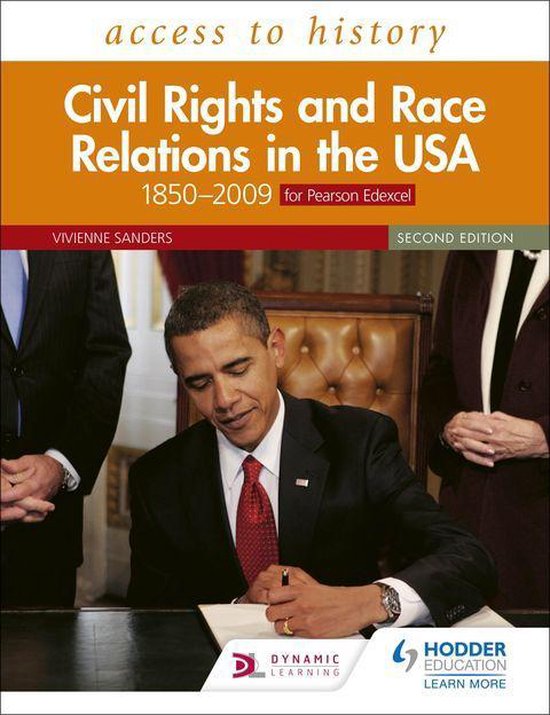,
, FREE AT LAST 1865-1877 REVISION NOTES
Reasons for, and Impacts of the Thirteenth Amendment
Reasons For: Impacts:
1) The 13th Amendment was 1) Ended chattel slavery that was practiced in the
necessary because the South
Emancipation 2) Outlawed the practices of involuntary servitude
Proclamation, issued by and peonage.
President Abraham Lincoln 3) Wiped out 2 billion dollars in property (as slaves
in January of 1863, did not were owned by slave owners)
end slavery entirely; those 4) Created 4 million freedmen
enslaved in border states
had not been freed.
How the Lives of Ex-Slaves Changed:
Economically
SPECIAL FIELD ORDER NO 15 (1865)
A strip of Coastal Land was confiscated, with roughly 400,000 being given to newly emancipated slaves in 40-acre
sections. Whilst this did help ex-slaves, lack of experience and knowledge to create their own farms and lack of
funds to buy equipment meant that it didn’t necessary create a significant economic change.
SHARECROPPING
Sharecropping was a massively popular employment format based on a crop lien system. By 1880, 80% of all
cotton producing industry was funded by sharecroppers. In this arrangement sharecroppers were meant to be
paid in half the crop produced in their land. But practically, the sharecroppers were forced to borrow money at
high interest rates, and since they had no capital against the loan, they were forced to offer part of their crop if
they failed to pay it back. This forced many sharecroppers into an endless cycle of inevitable debt, meaning that
blacks were still being subjugated. Many note that the power held by the white employer over the black was the
very same during sharecropping, as it was during slavery.
FREEDMEN’S BUREAU
The Freedmen’s Bureau relieved much of the economic suffering of the blacks between 1865-1869 by issuing 21
million rations with approximately 15 million going to Blacks.
Problems / limitations?
Politically
BLACKS PARTICIPATION IN GOVERNMENT
During Reconstruction, some 2,000 African Americans held public office, from the local level all the way up to the
U.S. Senate, though they never achieved representation in government proportionate to their numbers.
In all, 16 African Americans served in the U.S. Congress during Reconstruction; more than 600 more were elected
to the state legislatures, and hundreds more held local offices across the South.
The background of these men (educated) was typical of the leaders that emerged during Reconstruction but
differed greatly from that of the majority of the African American population.
14TH AND 15TH AMENDMENT
The 14th Amendment (1868) guaranteed African Americans citizenship rights and promised that the federal
government would enforce “equal protection of the laws.” The 15th Amendment (1870) stated that no one could
be denied the right to vote based on “race, colour or previous condition of servitude.”. These amendments whilst
reinforcing Black people’s right to suffrage positively, also allow for abuse as they neglect to mention of the roles
that Blacks were to play in government, and failed to make voting uniform across States
This abuse took the form of BLACK CODES, repressive laws designed to restrict the freedom of emancipated
blacks. They oftentimes restricted blacks right to serve on jury, to vote etc.
,
,





